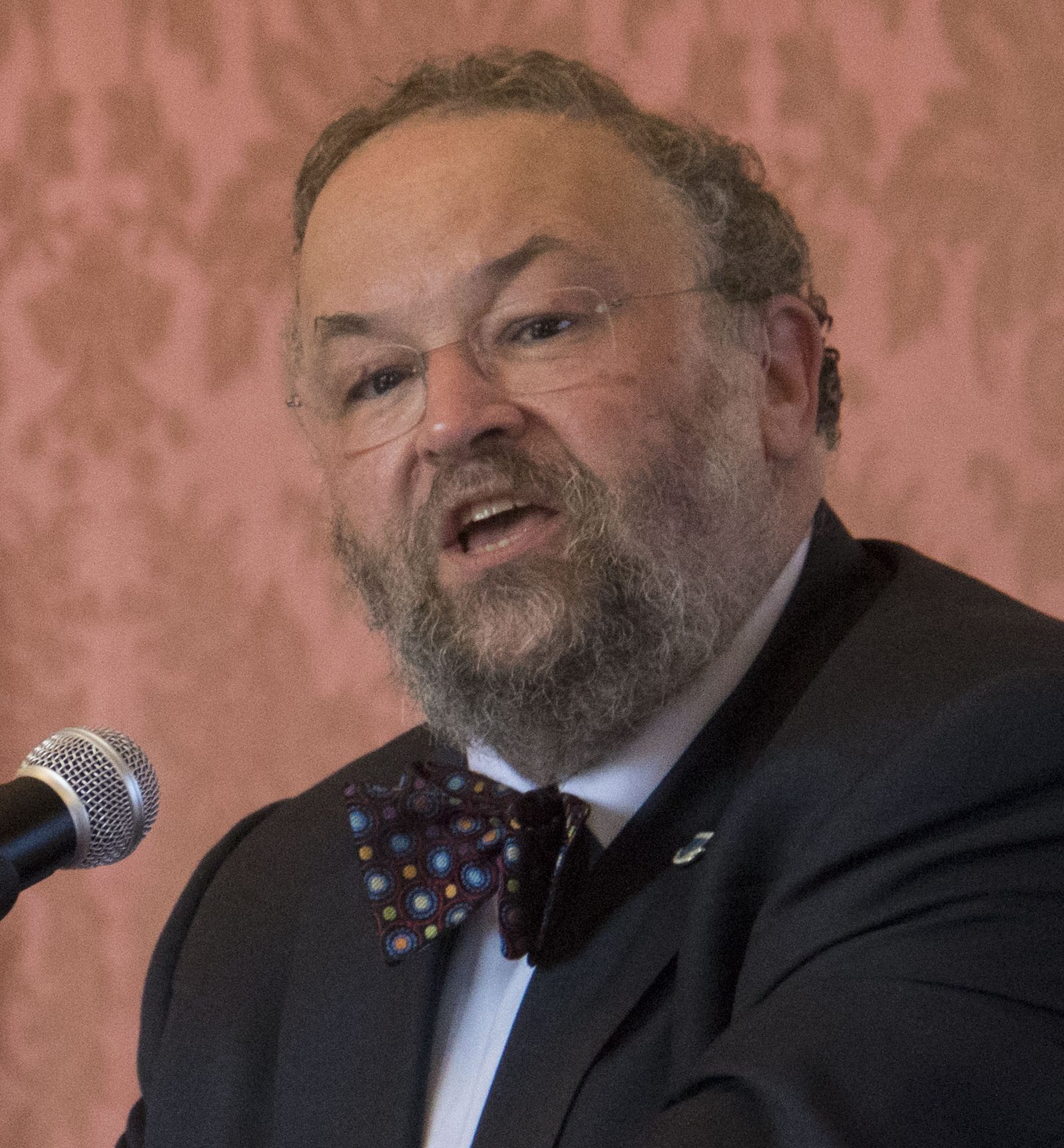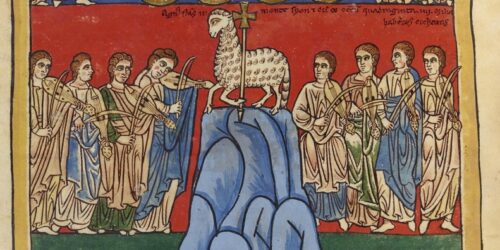

In case you missed it, here’s a fascinating post by Larry Hurtado, based on a very interesting article by Leander Keck about whether we should consider the New Testament as a ‘field of study’ separate from other early Christian literature. Hurtado’s conclusion is particularly interesting to me:
In short, for theological purposes the NT is (and should be) a “privileged” body of texts. But for historical purposes we should both take account of the breadth and diversity of early Christian literature and also the dynamics that from a remarkably early point gave to certain texts a special status and authority among at least many (most?) early Christian circles.
It’s notable that in former generations scholars were known for their work outside the NT canon as well as inside—such as
J. B. Lightfoot, who wrote commentaries on
Paul (and
Acts and
John as we now know), and was also a major scholar of the
Apostolic Fathers. In our day,
Jimmy Dunn’s three volume work on Christian origins has
extended into the Apostolic Fathers too. Dunn has only managed to do this towards the end of his writing life, of course—and that makes me wonder how realistic it is for someone today to master the sheer volume of secondary literature to be a competent scholar in the extra-canonical texts as well as the NT texts. Perhaps
Simon Gathercole is an exception, having done two major books on the Gospel of Thomas (
here and
here) and a book on the so-called
‘Gospel of Judas’, as well as being known for his work on
Paul and the
synoptic Gospels.
What do others think? Please do respond in the comments.





Hi Steve, it seems to me that NT scholars today must have competency in some other body of ancient literature, whether that be the Apostolic Fathers, extra-biblical texts, Nag Hammadi, DSS, etc, to compare to the NT. NT scholars can’t just be experts of the NT text. They must also be experts of the NT and some other comparative literature. It seems impossible for one scholar to be responsible for ALL this literature. Competent enough to be conversant? Absolutely. But not a full blown scholar in all of its secondary literature as well. My focused area of study is rhetorical criticism and as such I’ve immersed myself in the Ancient Greek and Roman literature as pertains to ancient rhetoric (handbooks, progymnasmata, speeches of Lysias, Isocrates, Demosthenes, Cicero, etc.). So perhaps the NT is not “a field of study” (Hurtado), but rather “fields” of study.
Thanks Timothy: that’s very helpful, and I do agree. The difficulty for most (as you acknowledge) is the sheer breadth of material to master today—but that means we need each other as scholars, and that’s no bad thing!
Exactly! We need each other and must rely upon and trust others’ work when they are experts on the sub-literature. Not a bad thing at all.
I do agree. How can we make that our practice, other than by reading each others’ stuff? Can you think of practical ways we can collaborate?
Thanks, Steve and Larry; as one who reviewed J.B. Lightfoot’s newly published partial commentary on John (along with several other essays) at SBL last year, it strikes me that many New Testament scholars have not read the second-century fathers on the Johannine literature. This has led to “default” theories of authorship, all of which have far greater evidentiary problems and liabilities than a modified approach to the traditional view. Especially Lightfoot’s “external evidences” are work reviewing again critically.
Thanks Paul; I’m always impressed when I use Lightfoot’s commentaries (and encourage students to use them) by his breadth of knowledge of ancient sources within and outside the Christian communities.